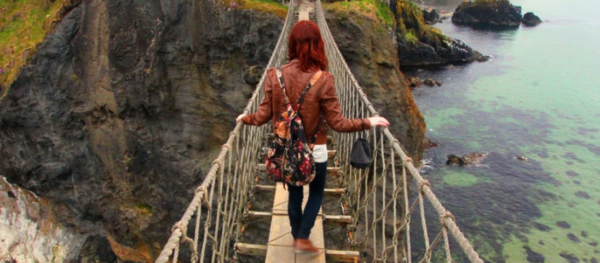Covid-19 is a complex, adaptive problem. We do not know exactly how things will end so we are using empiricism to make decisions based on what is known. Our elected officials, our healthcare professionals, and our citizens are inspecting and adapting their actions and behaviors based on what they are learning from other countries, from past pandemics, from other strains of coronavirus, from healthcare workers on the front lines, and from the behaviors and actions of citizens who are or are not heeding recommendations regarding social distancing.

Traditional roles and responsibilities are shifting, which makes us uncomfortable. Parents have become homeschool teachers. Teachers feel like their roles have been diminished. Doctors are being asked to shift their focus to higher priority Covid-19 patients when they were originally focused on other specialties, ailments, or patients. Manufacturers have shifted from making automobiles to ventilators. For many, this new scope of work is daunting and unknown as we are forced to develop and expand our skill sets and become more cross-functional.
In hindsight, we could have created a better roadmap for our country and our world to handle such a crisis. We have identified dependencies that we should have identified earlier that are limiting our access to needed medications and supplies. We have identified constraints in our country such as our education system and communications networks. We have identified risks to our retail and restaurant industries, travel and tourism, and more.
Some of us are acting like stakeholders and customers who do not have faith that our elected officials and healthcare professionals know what they are doing. We are accustomed to having more upfront knowledge. We only want to hear the good news, not the bad. Others of us are acting like managers and leaders who want to be in control. As stakeholders, we are frustrated because timelines keep shifting as to when we will be able to travel again and go back to work and school. We want to know a definitive date now, but because this is a complex and adaptive problem, we can only plan and then plan to re-plan. We grasp at whatever features we can get, things like toilet paper, because we want to feel in control and would rather have extra, non-value added features than nothing at all.
While these past few months have not been ideal or pleasant, we have learned and adapted, in many ways for the better. Soon we will be able to evaluate this experience in retrospect. Families will reflect on their priorities. They will inspect and adapt their activities, schedules, work/life balance, finances and savings plans. Businesses will inspect and adapt their cash flow and HR policies to keep business moving and folks employed. Schools and businesses will inspect new ways of operating and will adapt to more remote capabilities. Our government will inspect and adapt our dependencies on other countries, our manufacturing capabilities and supply chains. We have great opportunities available to us if we choose to approach this crisis with resilience instead of pointing fingers. Together we can continuously improve.
For the Agile practitioners among us, I believe this pandemic can serve as a reminder to empathize with those we are trying to coach and guide. I’m interested in your thoughts. Do you draw any of the same parallels as I do? What additional parallels do you observe?




